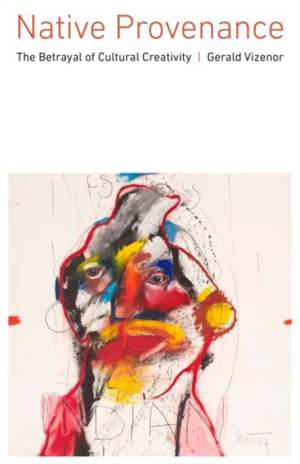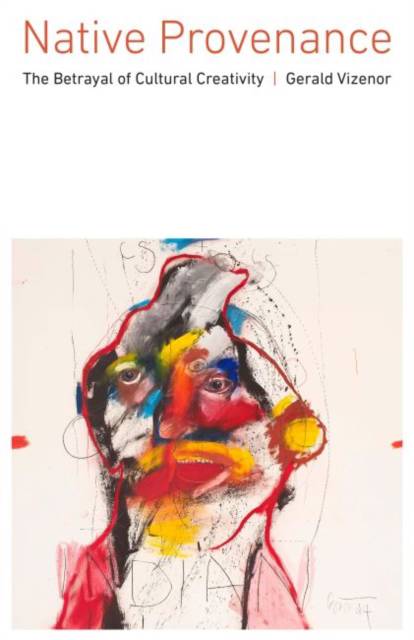
- Retrait gratuit dans votre magasin Club
- 7.000.000 titres dans notre catalogue
- Payer en toute sécurité
- Toujours un magasin près de chez vous
- Retrait gratuit dans votre magasin Club
- 7.000.0000 titres dans notre catalogue
- Payer en toute sécurité
- Toujours un magasin près de chez vous
41,95 €
+ 83 points
Description
Gerald Vizenor's Native Provenance challenges readers to consider the subtle ironies at the heart of Native American culture and oral traditions such as creation and trickster stories and dream songs. A respected authority in the study of Native American literature and intellectual history, Vizenor believes that the protean nature of many creation stories, with their tease and weave of ironic gestures, was lost or obfuscated in inferior translations by scholars and cultural connoisseurs, and as a result the underlying theories and presuppositions of these renditions persist in popular literature and culture. Native Provenance explores more than two centuries of such betrayal of Native creativity. With erudite and sweeping virtuosity, Vizenor examines how ethnographers and others converted the inherent confidence of Native stories into uneasy sentiments of victimry. He explores the connection between Native Americans and Jews through gossip theory and strategies of cultural survivance, and between natural motion and ordinary practices of survivance. Other topics include the unique element of Native liberty inherent in artistic milieus; the genre of visionary narratives of resistance; and the notions of historical absence, cultural nihilism, and victimry. Native Provenance is a tour de force of Native American cultural criticism ranging widely across the terrains of the artistic, literary, philosophical, linguistic, historical, ethnographic, and sociological aspects of interpreting Native stories. Native Provenance is rife with poignant and original observations and is essential reading for anyone interested in Native American cultures and literature.
Spécifications
Parties prenantes
- Auteur(s) :
- Editeur:
Contenu
- Nombre de pages :
- 208
- Langue:
- Anglais
Caractéristiques
- EAN:
- 9781496216717
- Date de parution :
- 01-09-19
- Format:
- Livre relié
- Format numérique:
- Genaaid
- Dimensions :
- 208 mm x 224 mm
- Poids :
- 408 g

Les avis
Nous publions uniquement les avis qui respectent les conditions requises. Consultez nos conditions pour les avis.






